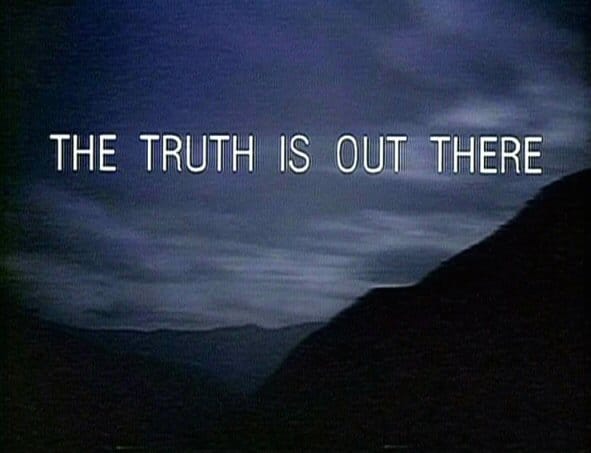For a long time, those closely watching the climate debate unfold have denounced “he said, she said, we’re clueless” journalism, in which reporters present a “debate” between those who accept the science and those who do not, and leave it at that. Let the reader figure out who’s right, the philosophy seems to be. It’s journalistic “objectivity” not to “take sides”—right?
Those criticizing this approach—myself emphatically included—are working under a key assumption: If journalists would take a stand on matters of fact (such as whether global warming is caused by humans), rather than treating them as un-resolvable, the broader political discourse would also shift onto a firmer footing. That’s because we would move towards having a shared factual basis for making policy decisions, rather than fighting over the very reality upon which policy ought to be based.
It’s in this context that a new study (PDF) published in the Journal of Communication, would appear to break new ground–by actually examining the psychological effect that “he said, she said” or “passive” journalism has on readers, and in particular, on their views of whether it’s possible to discern the truth.
The study, conducted by The Ohio State University communications professor Raymond Pingree, did not focus on climate change but rather the U.S. healthcare debate—but the same lesson would seem to apply. Study subjects were asked to read fake news stories in which two disputes about the contents of a healthcare bill were either left unresolved, or factually adjudicated. In other words, sometimes the subjects were exposed to “he said, she said” coverage, and sometimes they were exposed to a breed of journalism that unflinchingly examines where the truth lies.
Then the study subjects answered survey questions about their confidence in whether it was possible to discern the truth in politics. For instance, they were asked how much they agreed that “If I wanted to, I could figure out the facts behind most political disputes.” What kind of article they’d read had a significant effect: Those who’d read the “passive” story were more, er, postmodern in outlook. They were less sure they could discern the truth (if it existed).
Pingree, the study author, does not seem shy in discussing the implications of these results. “Choosing among government policies is simply not like choosing among flavors of ice cream,” he has stated. “Policy questions quite frequently center on facts, and political disputes can and often do hinge on these facts, not only on subjective matters.”
The context for discussing Pingree’s study is critical: The news business has changed vastly, and Pingree asserts that journalists are far less likely to plainly state where the facts lie than they were in days past.
This may be partly an economic issue: Journalists are stretched thinner and thinner and may not have time to adequately research their stories. There’s no doubt that “he said, she said” is the easier approach to take in a time of declining newsroom staff and increasing journalist multitasking—not just reporting, but also constantly blogging, making online videos about their reports, and much more.
If you combine together Pingree’s analysis of mainstream journalism with an analysis of the rest of the political opinion environment—where everyone is shouting their own facts all the time, and diametrically opposed blogs service irreconcilably different worldviews—then no wonder some citizens are pretty down on “truth.”
Pingree thinks our politics suffer as a result. “That may make it easier for people to just quit following politics at all, or to accept dishonesty in politicians,” he states. I would tend to agree.
Here’s the study reference and PDF link:
Pingree, R. J. 2011. Effects of Unresolved Factual Disputes in the News on Epistemic Political Efficacy. Journal of Communication.
Subscribe to our newsletter
Stay up to date with DeSmog news and alerts







